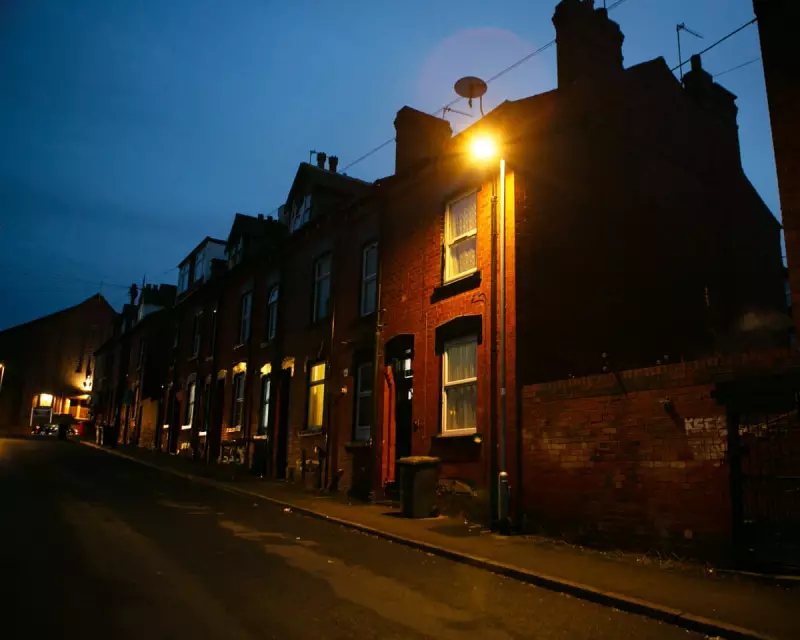
This weekend, millions of Britons will experience the familiar autumn ritual of turning their clocks back one hour, but growing evidence suggests this tradition comes at a significant cost to our health, safety, and wellbeing.
The Hidden Dangers of the Time Shift
While gaining an extra hour in bed might sound appealing, research reveals the clock change triggers a cascade of negative effects. Road accident rates typically spike by up to 30% in the week following the change, as drivers struggle to adjust to darker evenings during peak travel times.
Dr Eleanor Vance, a sleep specialist at Oxford University, explains: "Our circadian rhythms are deeply ingrained biological processes. Suddenly shifting them by an hour creates a form of collective jet lag that affects everything from concentration to mood regulation."
Mental Health Toll in the Dark Months
The impact on mental health is particularly concerning. The earlier onset of darkness exacerbates Seasonal Affective Disorder (SAD) and depression rates. Mental health charities report a significant increase in calls to their helplines during the transition period.
- Depression rates increase by approximately 11%
- Workplace productivity drops by 15-20% in the first week
- Emergency services report higher call volumes for mental health crises
The Business Case for Permanent Summer Time
Business leaders and safety campaigners are increasingly vocal about adopting permanent British Summer Time. The move could generate economic benefits exceeding £2 billion annually through reduced energy consumption and improved retail activity during lighter evenings.
Sarah Jenkins of the Road Safety Foundation states: "The evidence is overwhelming. Making summer time permanent would save approximately 80 lives and prevent 200 serious injuries on our roads each year. The question isn't whether we should change, but why we haven't changed already."
A European Precedent
The UK isn't alone in reconsidering this practice. The European Parliament voted to end seasonal clock changes in 2019, though implementation has been delayed. Countries are choosing between permanent summer or winter time, with most opting for the former.
- Germany and France favour permanent summer time
- Scandinavian countries face unique geographical challenges
- The UK's position creates complications for trade and travel
What the Future Holds
With public opinion shifting and evidence mounting, this could mark a turning point. Several parliamentary bills have been proposed, and cross-party support is growing for a permanent solution that prioritises public health and safety over historical tradition.
As we prepare to turn our clocks back this October, many are wondering if this ritual, dating back to the First World War, has finally run its course in modern Britain.





